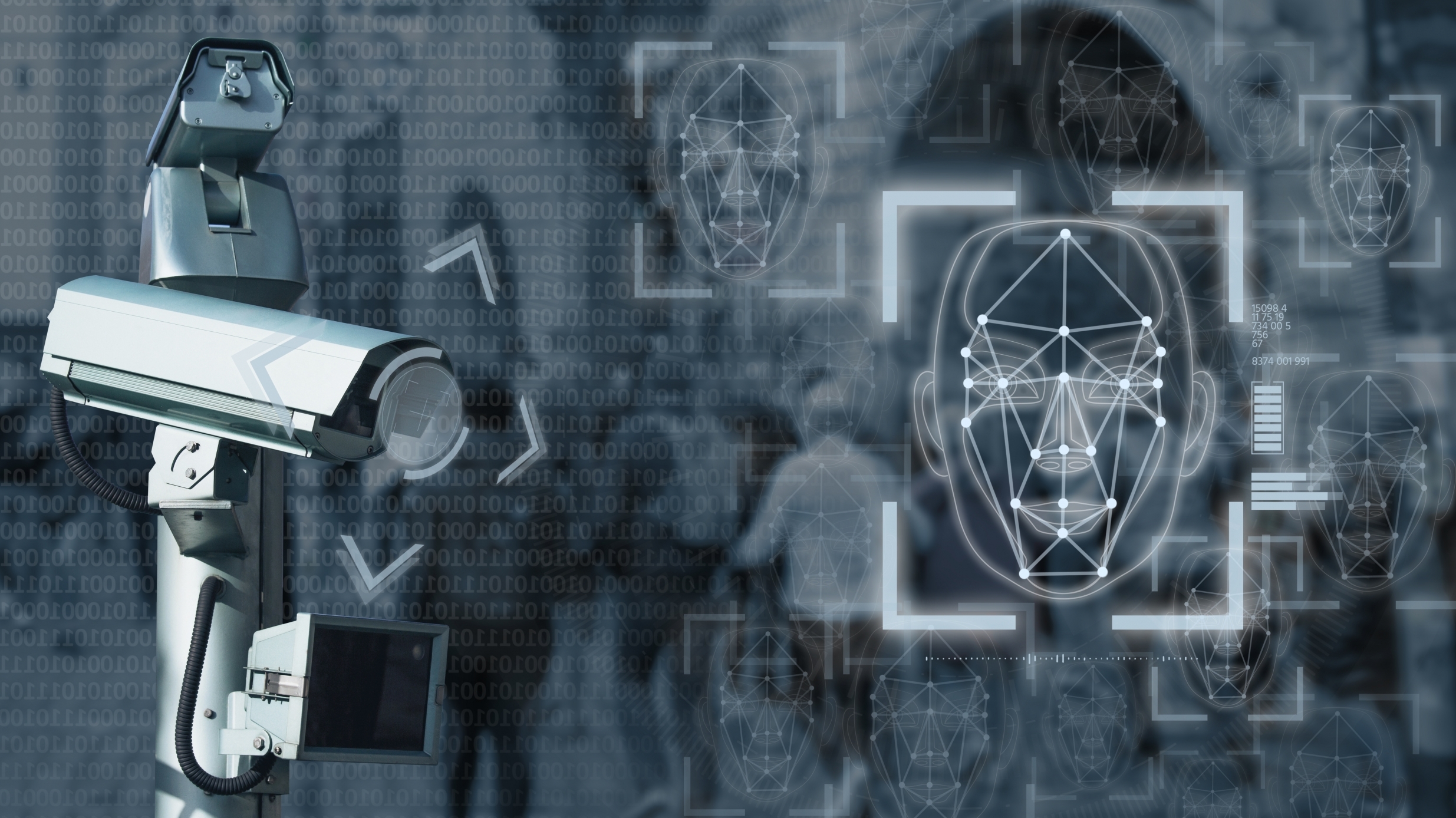Alabama Republican state Senator Arthur Orr, from Decatur, has introduced a bill limiting state or local law enforcement’s use of artificial intelligence or facial recognition technology. The Alabama Legislature convenes for its 2021 legislative session on Tuesday.
Senate Bill 113 is being considered by the Senate Judiciary Committee. If passed, it would prohibit law enforcement from using artificial intelligence or a facial recognition service as the sole basis to establish probable cause or arrest.
According to the synopsis:
“This bill would prohibit state or local law enforcement agencies from using artificial intelligence or a facial recognition service to engage in ongoing surveillance except for in certain circumstances. This bill would prohibit the results of artificial intelligence or a facial recognition service from being the sole basis for making an arrest or for establishing probable cause in a criminal investigation. This bill would also prohibit artificial intelligence or a facial recognition service from being used as a way to identify an individual based on other images.”
The bill defines artificial intelligence as “computer systems or other technology able to perform tasks that normally require human intelligence, such as visual perception and speech recognition.”
The bill defines facial recognition service as “any computer soft-ware, algorithm, product, or application that collects or electronically analyzes information for the purpose of identifying an individual by using technology capable of uniquely identifying or verifying a person by comparing and analyzing patterns based on that individuals facial contours.”
Under this bill, law enforcement may use artificial intelligence or facial recognition services only under the following circumstances:
- A warrant is obtained that authorizes the use of the service for those purposes.
- Exigent circumstances exist.
- A court order is obtained that authorizes the use of the service for the sole purpose of locating or identifying a missing person or identifying a deceased person.
- If a law enforcement officer certifies and the court finds that the information likely to be obtained is relevant to locating or identifying a missing person or identifying a deceased person.
The results of a facial recognition service may be used only in conjunction with other information and evidence lawfully obtained by a law enforcement officer to establish probable cause in a criminal investigation or to make an arrest. The bill would prohibit a state or local law enforcement agency from using artificial intelligence or a facial recognition service to identify an individual based on a sketch or other manually produced image.
Certain civil liberties groups have expressed concerns about law enforcement using artificial intelligence and facial recognition services to monitor crowds, such as in a stadium or a crowded mall, to search for wanted criminals. There are also widespread concerns about facial technology being racially discriminatory.
There have already been 341 bills pre-filed by members of the Alabama Legislature ahead of the 2021 legislative session, which begins on Tuesday.
Fears of the COVID-19 global pandemic mean that citizens’ access to the legislature will be severely restricted. There will be no citizens or lobbyists allowed in the galleries viewing the proceedings or packing committee rooms, or lobbying legislators in the hallways or their offices. Citizens can still communicate with their legislators by phone or email. Face-to-face meetings will be limited to appointment only, and the citizen will have to meet with the legislator in the first- or second-floor room of the Statehouse assigned for that meeting. Masks must be worn and social distancing guidelines followed.















































